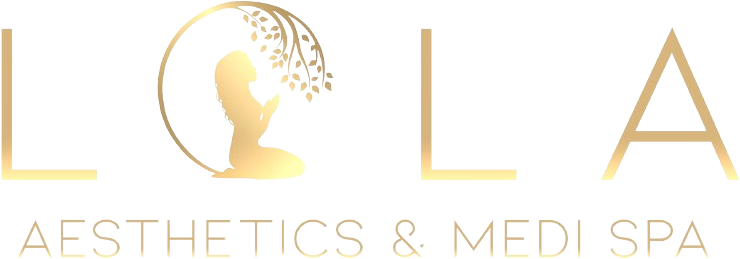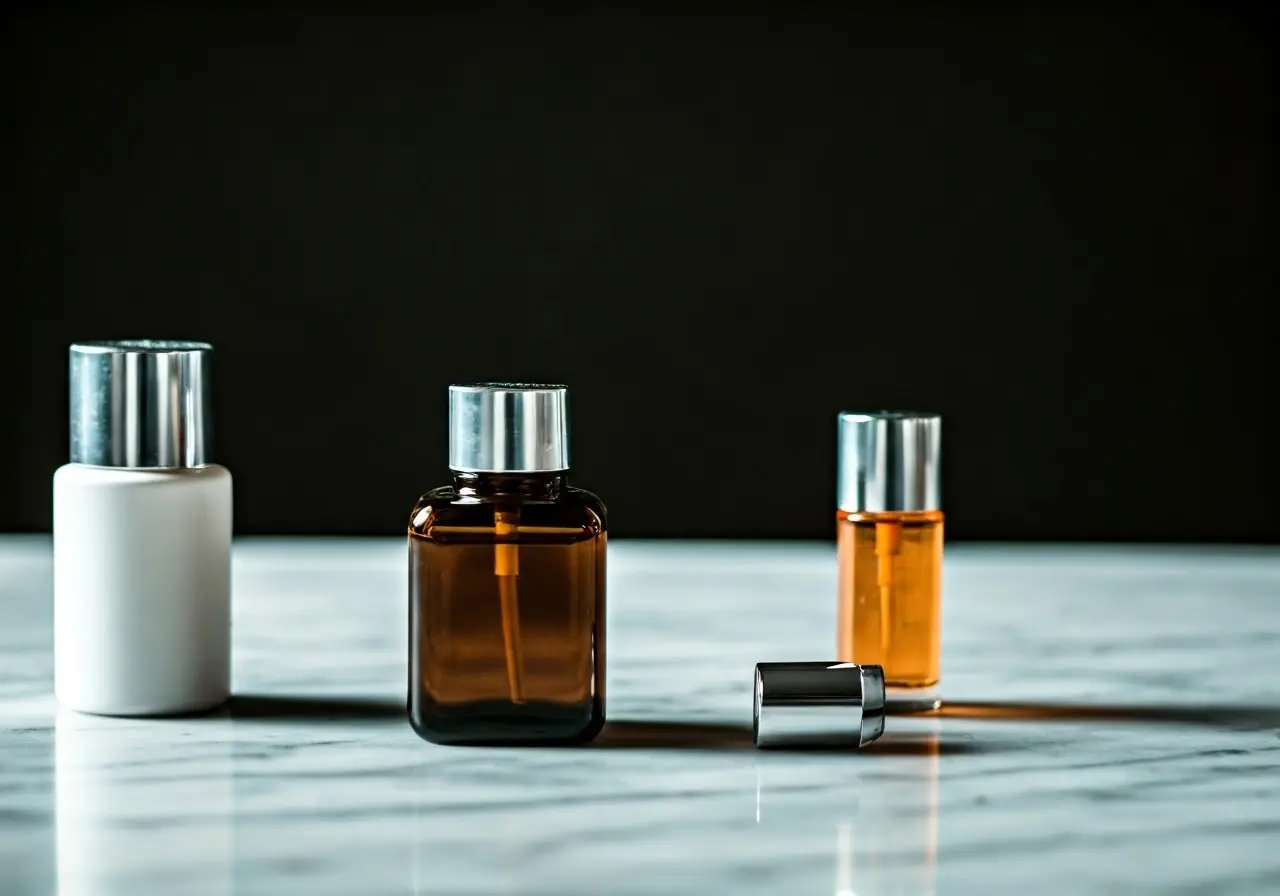Acne scars can be a frustrating reminder of past breakouts, affecting self-confidence and daily comfort. If you’re thinking about undergoing acne scar removal, it’s crucial to have all the information you need to make an informed decision. This guide will walk you through the essential aspects to consider before taking the next step.
Understand Different Types of Acne Scars
Before considering treatment, it’s important to identify the type of acne scars you have. Acne scars can be categorized into different types such as icepick, boxcar, and rolling scars. Each type may require a different approach for effective treatment.
Icepick scars appear as small, deep holes in the skin’s surface and often require more intensive treatments. Boxcar scars, on the other hand, present as broad, shallow depressions with well-defined edges, while rolling scars have a wavy appearance, typically caused by damage beneath the skin’s surface.
Understanding these distinctions is crucial because it influences both the choice of treatment and its potential success. For a thorough evaluation, consider visiting a professional at Lola Aesthetics Medispa who can provide a detailed analysis of your scar type.
Explore Available Treatment Options
There are various treatments available for acne scar removal, including laser therapy, chemical peels, microneedling, and dermal fillers. Understanding the pros and cons of each option can help you decide which might be the best fit for your skin type and scar severity.
Laser therapy is highly effective for reducing the appearance of scars by resurfacing the skin. Chemical peels involve applying a solution to remove the top layers of skin, promoting new growth and reducing scars. Microneedling leverages small needles to stimulate collagen production, often combined with radiofrequency for enhanced results.
Dermal fillers, often hyaluronic acid-based, are used to elevate indented scars, creating a more even skin surface. Each of these treatments has its own unique benefits, so discuss with a professional about whether a laser therapy or chemical peel might be right for your specific scars.
Many patients find combining treatments offers a more comprehensive solution. For example, pairing microneedling with a chemical peel could enhance overall efficacy. Explore your options and tailor them to your skin needs for best results.
Consult with a Dermatologist
Consulting with a qualified dermatologist is crucial for personalized advice. They can assess your skin, explain your options, and help you set realistic expectations about the outcomes of different treatments.
A dermatologist will not only review your medical history but also help identify any potential risks associated with certain treatments. For instance, individuals with darker skin tones need to be cautious with certain laser treatments due to the risk of hyperpigmentation.
At Lola Aesthetics Medispa, consultations offer a comprehensive assessment, allowing you to craft a treatment plan tailored to your goals and skin type, ensuring safety and maximum efficacy.
Consider the Costs Involved
Acne scar removal treatments can vary significantly in cost. It’s important to evaluate your budget and consider any financing options your dermatologist might offer. Price often depends on the type of treatment and the number of sessions needed.
Laser treatments are generally among the most costly options due to the sophistication of the technology involved. Chemical peels or microneedling can be more affordable, particularly if multiple sessions are planned to achieve optimal results.
Discuss any available payment plans or discounts during your consultation to help make these treatments more accessible. Remember, investing in your skin can be a pathway to greater confidence and well-being.
Prepare for Post-Treatment Recovery
Understanding the recovery process and potential side effects is essential. Some treatments may require downtime, so planning accordingly can help manage expectations and ensure a smoother recovery.
Post-treatment, your skin may be sensitive and require specific care to aid healing. Avoid exposure to the sun and apply sunscreen religiously to protect the skin post-procedure.
Swelling, redness, and minor discomfort are common immediately after treatment but typically subside within a few days. Your dermatologist will provide detailed aftercare instructions tailored to your procedure.
Final Thoughts on Acne Scar Removal
Acne scar removal can significantly enhance your skin’s appearance and boost your confidence. However, being well-informed and prepared for the journey is vital. By understanding the types of treatments, consulting with professionals, considering costs, and knowing what to expect during recovery, you’ll be well-equipped to make the best choice for your skin.

